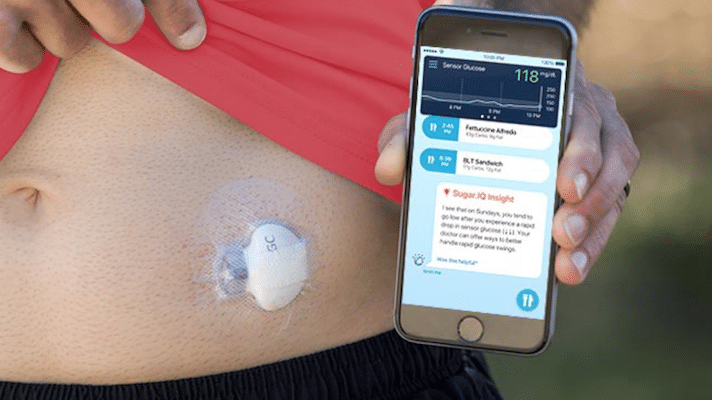Introduction:
Discover the latest developments in hypoglycemia tech, including insights from the renowned Hypo-RESOLVE project, showcased at the 2023 EASD conference in Hamburg, Germany. Hypo-RESOLVE, an international collaboration initiated in 2018, aims to enhance the understanding and alleviate the impact of hypoglycemia (low blood sugar) in individuals with diabetes.
The Transformation of Hypoglycemia Tech:
Hypoglycemia research has made remarkable strides, now becoming a pivotal element in studies concerning innovative diabetes treatments. Just a century ago, hypoglycemia garnered little attention in the medical community, despite patient concerns.
Dr. Brian Frier, an honorary diabetes professor at the Queen’s Medical Research Institute at the University of Edinburgh, describes it as the ‘Cinderella’ of diabetes research, arousing minimal academic interest beyond a dedicated group of researchers.
Today, hypoglycemia stands as a paramount concern for both individuals with diabetes and their healthcare providers. Defined as blood glucose levels below 70 mg/dL, unaddressed hypoglycemia can lead to severe consequences, including coma, seizures, and even fatality.
Even milder episodes of low blood sugar can significantly impact the physical and mental well-being of people with diabetes. Fill out this form to check if you or a friend qualify for CGMs and improve diabetes control.
Despite the growing knowledge among diabetes experts and researchers, there remains much unknown about hypoglycemia, particularly concerning hypoglycemia unawareness. This knowledge gap underscores the importance of projects like Hypo-RESOLVE.
Must Read CGMs in noncritical care hospitals optimizes glycemic control
The Innovative Hypo-METRICS App:
One exciting facet of this project is the Hypo-METRICS app, a research tool designed to assess the effects of hypoglycemia on the daily lives of individuals with type 1 and type 2 diabetes who use insulin.
Dr. Pratik Choudhary, a professor of diabetes at the University of Leicester in England, explains,
“We created a specialized app that records every episode of hypoglycemia experienced by patients.”
The app allows real-time recording of glucose levels, low blood sugar symptoms, and various domains that hypoglycemia could impact, such as mood, fear of lows, sleep quality, cognitive function, and more.
Additionally, participants were equipped with Fitbits to determine if low blood sugar episodes occurred during wakefulness or sleep. The app evaluated the impact of both symptomatic and asymptomatic hypoglycemia on daily functioning.
Also, read about Nevro’s HFX Spinal Cord Stimulation
Over ten weeks, researchers collected close to one million hours of continuous glucose monitor (CGM) data, equivalent to approximately a century of patient data. The time in range for both type 1 and type 2 diabetes participants was comparable (61% and 65%, respectively). Notably, about 65% of sensor-detected hypoglycemic events were asymptomatic.
The data revealed that most hypoglycemic episodes went undetected by participants. Surprisingly, nearly half of the episodes reported as hypoglycemia were not, with the most common symptom believed to be related to low blood sugar being hunger.
This highlights the necessity of CGM, particularly for individuals using insulin, regardless of their perceived awareness of hypoglycemic episodes.
Read Guide about Wegovy Dosage Guide: The Best Way For Weight Loss
Hypoglycemia Tech Understanding:
Researchers like Choudhary are optimistic that the new data will not only enhance comprehension of the disparities between asymptomatic and symptomatic hypoglycemia but also drive the overarching mission of the Hypo-RESOLVE project: mitigating the impact of low blood sugar episodes for individuals with diabetes.
Additionally, a small 2023 study suggests that, alongside CGM, the Hypo-METRICS app, initially designed for research, could have clinical value in monitoring and assessing awareness of low blood sugar symptoms and their impact on daily life.
Frier emphasizes that it is too early to gauge the complete success of Hypo-RESOLVE in advancing scientific knowledge of blood glucose changes, but anticipates that some research outcomes will ultimately translate into tangible benefits for diabetes care.


